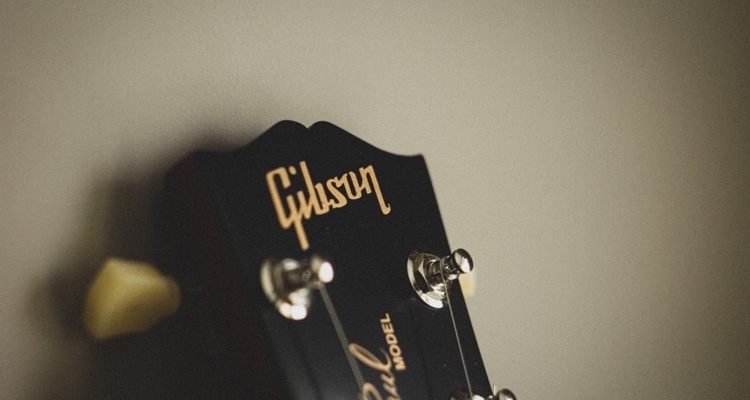
Photo Credit: Yurii Stupen
Gibson acquires Mesa/Boogie in a new deal to bring the boutique amp maker under its umbrella.
Mesa/Boogie was founded more than 51 years ago by Randy Smith, the original creator of many circuit designs. He also pioneered the concept of high-gain amps, which have defined the Mesa line. Smith is joining Gibson as Master Designer and Pioneer of Mesa/Boogie.
Gibson says Smith will continue in his role as a visionary of tube technology. He will “continue his passion for tube technology and his vision for building hand-crafted, high-performance amplifiers that continue to redefine how we experience sound across Mesa/Boogie and Gibson,” the press release reads.
So Gibson acquires Mesa/Boogie in a new deal that brings an amplifier manufacturer under its umbrella.
Gibson execs JC Curleigh and Cesar Gueikian share why the deal happened in a new interview with Guitar World. “We don’t have Gibson amps today, so we started thinking about who is the best out there,” CEO JC Curleigh says in that interview. “There was only one answer, and that was Mesa/Boogie.”
Curleigh says Gibson will continue to leverage its iconic past in a new partnership with Mesa/Boogie. The legendary guitar manufacturer is turning a new leaf on its ‘innovative future.’ The pandemic has been helpful, as guitar sales are booming during 2020.
Fender CEO Andy Mooney says 2020 “will be the biggest year of sales volume in Fender history.” He says the company saw record days of double-digit growth, e-commerce sales, and beginner gear sales.
“I would never have thought we would be where we are today if you asked me back in March,” he said. That’s because pandemic sales of guitars and other musical instruments have skyrocketed in the United States and across the globe. Young teen and adult women are leading the sales charge, too. While Gibson hasn’t shared any numbers with us, it’s probably safe to say it is seeing similar buoyed sales.
Gibson had to close its factories in April due to the pandemic, a fact JC Curleigh lamented. “When we had no production, we had no sales, let’s face it,” he told Guitar World. But by late summer, even Gibson’s sales were rebounding. “We literally couldn’t deliver enough. Everything we were making, we could sell,” Curleigh says.
Martin CEO Chris Martin shared a similar sentiment, describing 2020 as a “guitar boom.” Taylor co-founder Kurt Listug says his company “had the biggest June, in terms of orders received, that we’ve ever had since we’ve been in business.”

